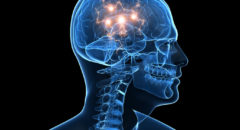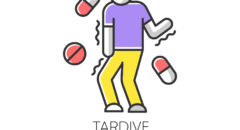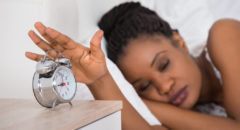
From severe and debilitating problems to minor, unnoticeable side effects, no medication is 100 percent safe. There are always risks and benefits, and every patient and their doctor must weigh those pros and cons.
But what if your meds are creating a permanent problem? What if it’s something that has started small, but now it’s far worse, and the medication you’ve depended on is now causing uncontrollable issues?
If you’ve noticed strange facial tics, from rapid blinking to lip smacking and tongue movements, this could be more than just some involuntary movement. It could be a side effect of your medication.
Do you or someone you know take medicines for mental health? If you’re experiencing unexplained facial tics, Tardive Dyskinesia may be to blame.
RELATED: Tardive Dyskinesia & Parkinson’s Disease: What’s The Difference?
What is Tardive Dyskinesia?
Simply put, Tardive Dyskinesia is a nervous system disorder that causes uncontrollable movements, from those of the face to the body. Caused by extended use of psychiatric medication, the condition can become debilitating in some rare cases. The typical person with the condition, however, experiences a manageable degree of symptoms.
Tardive Dyskinesia includes the following symptoms in the face:
- Lip smacking
- Cheek puffing
- Chewing
- Grunting
- Blinking
In the body, the condition may cause:
- Arm flapping
- Feet tapping
- Swaying
- Finger wiggling
With Tardive Dyskinesia, it doesn’t matter how fast or slow the movements can be. Oftentimes, the unexpected and uncontrollable nature of these movements complicates daily living. You may feel embarrassed. You may struggle to perform certain tasks or duties.
Fortunately, the condition often subsides by reducing your medication dosage or taking alternative meds.
What Causes Tardive Dyskinesia?
This condition occurs as a result of various chemicals in your brain. When you take certain medications for mental health, they change your brain chemistry. Particular levels of certain chemicals, called neurotransmitters, may become unbalanced. As a result, the body can become








